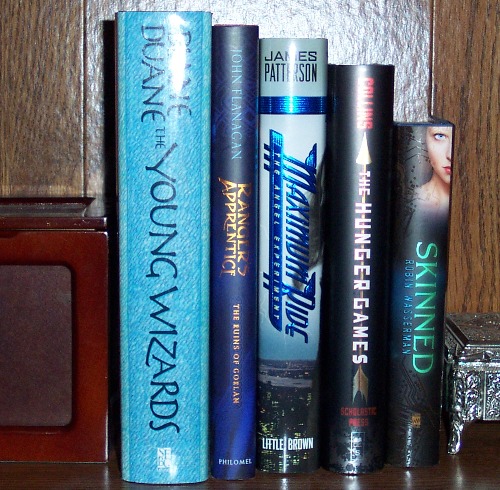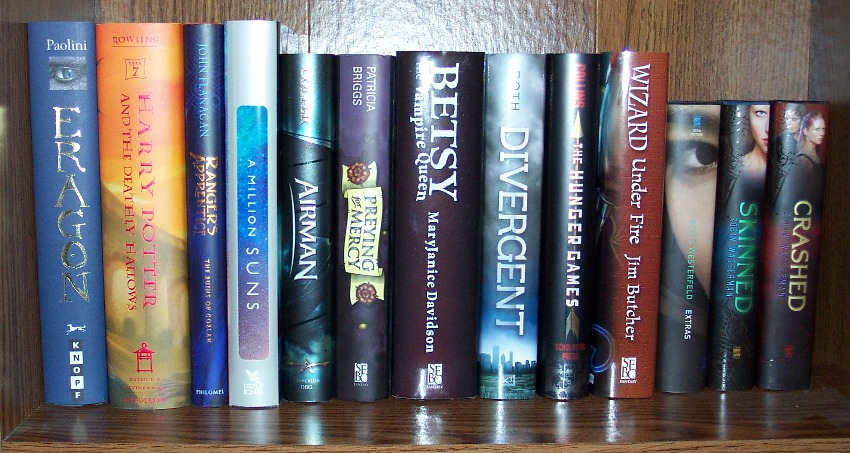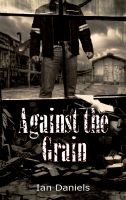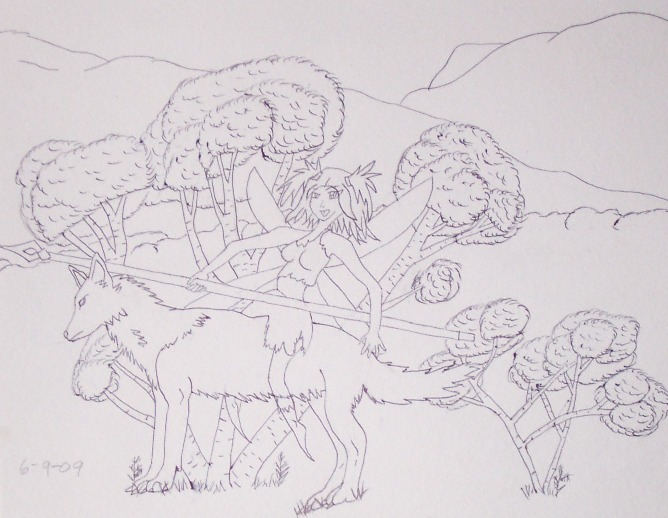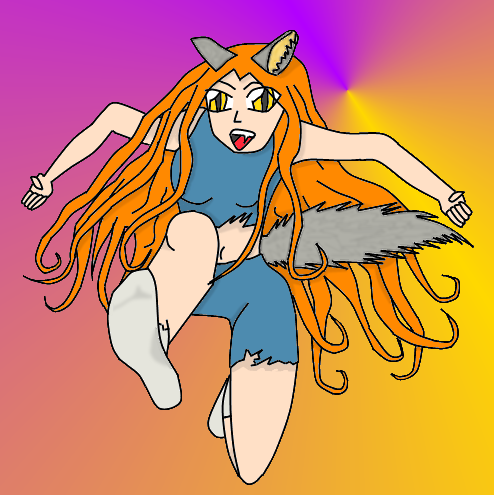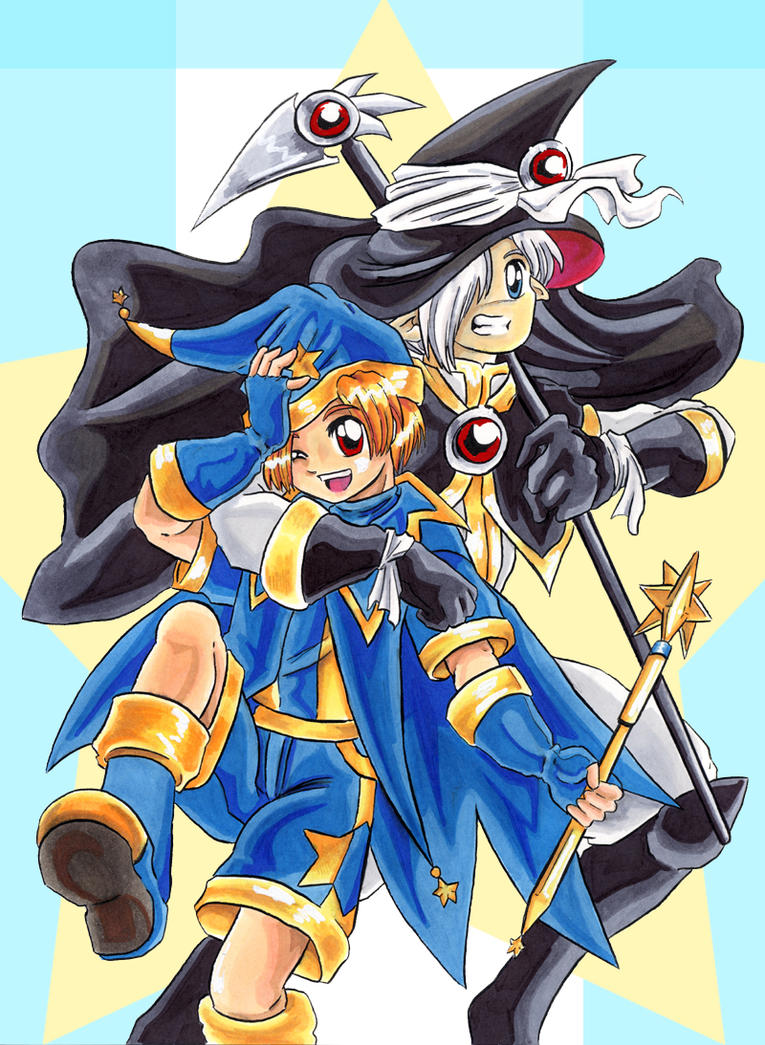Nobody just sat down one day and decided "I think I'll slam my face on the keyboard for months at a time until Microsoft Word tells me I have 50,000 words." Although I've heard of people (mostly girls aged 13-16) suddenly deciding they want to write, most usually give it up after about the first page or two once they realize writing is hard and it's too much like homework.
However, most dedicated authors you hear about had really bad lives (don't quote me on them, these are just what I heard) like JK Rowling was buying Christmas presents for her daughter from thrift stores, A.A. Milne (author of Winnie the Pooh) had an abusive father, Lewis Carroll had a bad stutter, J.M. Barrie (author of Peter Pan) was rumored to be psychologically stunted.
It's like you have to have a dark past in order to write.
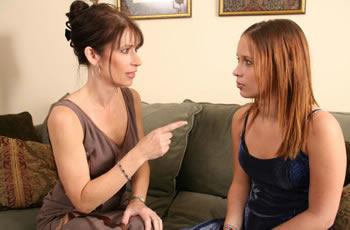 |
| "Mom, give me a black eye. It'll make me a famous writer someday." |
But nah, that's not the case. One of my favorite authors, John Flanagan, started his career by writing stories for his son.
A good way to help keep you writing is stop and think about what got you writing in the first place.
When I used to tell people how I became a writer I would start it when I actually began writing a novel at around 14, but a couple of years ago I realized it actually goes further back than that. I must have been anywhere from 6 to 8 years old and I started writing these little stories called Hearts and Stars. It was about a girl who was friends with a talking dog and cat and other stuff. The sun and moon also talked, and were in love with each other, but were never allowed to see each other. Throughout the whole little pages I glued on shiney metallic hearts and stars, hence the name.
 |
| Have you considered killing off a character? |
I've mentioned being homeschooled before. A big part of teaching kids is trying to grab their interest. My brother and I have always been really into videogames, and around the point where our dad decided we were going to be writing some papers we were playing Diablo 2 (I was 12, though I could have sworn I was younger) Our homework was to write letters to Charsi (the blacksmith in Act I) in-character about our adventures.
 |
| She was awesome. |
I don't remember an awful lot about them, but I do remember having an absolute blast.
I've always been quick with my wit, though my source needed some work. Usually I quoted something from one source or another and it was rather applicable, but never original. As I got older I was able to from a good sense of humor and managed to come up with a lot of my own comebacks and additions to a conversation. Problem was, people would laugh and then ask "Where did that come from?" Not so much a rhetorical question (to the effect of "Oh you're such a card!") as much as it was Wikipedia asking "Source?"
They'd always asked it, but it was only when I'd started coming up with my own material that it began to bother me. I didn't want to be thought of as a parrot of television shows. I wanted to prove that I could come up with something entirely original.
I found this in writing.
I was in the range of 13 or 14 when I started writing my first novel, Carda's Cloak. I wrote it entirely by hand, so often that I started to cramp. I'd managed to make about 100 hand-written pages over the course of what felt like a year or two, but was probably closer to six months. Edits were hard, since I had to erase large chunks and hope the edits filled the same amount of space. I'd even changed the main character's name at least twice, going through all of the pages, erasing, and rewriting it by hand.
I later realized that writing would work much faster if I used the computer. I could add or remove whatever I wanted much faster. So I began transcribing Carda's Cloak all into Microsoft Word. Problem was, there were too many things I wanted to change. It was like writing a whole new story. Even as I rewrote it I began to realize something that Stephanie Meyer couldn't: Writing an entire novel based on a ten second dream I had was a mistake. I scrapped it, though I still have the original hand-written version sitting somewhere today and, more surprisingly, the Microsoft Word version that, apparently, hasn't been touched since 2005.
I was 15 when Metroid Prime was released, and I got way into Metroid (before that I still loved the original Metroid and Super Metroid, but fandom was a whole different thing before the Internet as we know it today). Trying to find more Metroid, I stumbled across a website called Metroid Galaxy (now defunct) and, at the time, they were recruiting for the Metroid Role Playing Forum. I thought to myself "Metroid and writing at the same time? Awesome!"
 |
| And that's why all women today wear space helmets to feel sexy. |
So I joined and, with everyone's help and encouragement there, they molded me into the writer that I am today. There's no possible way I could even begin to show my appreciation, and all the times I've attempted to sound a lot like the written equivalent of a drunk-dialing at 2 AM, slurring "I love you man..." into the receiver.
Somewhere between Carda's Cloak and the start of joining the Metroid Role Playing Forum I started a novel called Langoria. I was about 16 to 17.
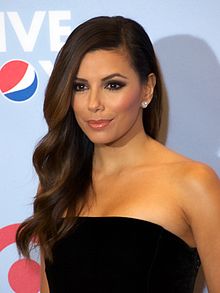 |
| Not to be confused with Eva Longoria. |
It was later renamed to Angel Queen. Angel Queen is probably the point where I could actually call myself a writer. This was the one I really dedicated myself to. It was the first time I actually considered publishing. I worked on that one until I finished it, 50,000 words, and then edited it several times and called it finished in 2008. After that I was really excited to start on Book 2, Angel Grey. Though rather thin at 32,000 words, I finished it in a year and hopped right into Book 3, Angel Fall, in late 2009. I only got about 3,000 words in when a certain group of kids took up residence in my brain: A werewolf, a witch, and a vampire.
I tried to finish Angel Fall, but Crystal, if you've read the book, is a rather insistent character. After some back and forth I finally caved, slapped Dusted together in roughly 6 months, and went back to Angel Fall.
But I couldn't leave Dusted alone.
Although my records say I last worked on Angel Fall in January 2010, and I started Dusted February 2009, Dusted was here to stay. The Langoria Trilogy was, officially, dead.
Although Angel Queen was the first novel that made me say "I want to publish this" Dusted was the first anything I had ever written that made me think "I
can publish this." Dusted had some kind of magic, a
spark, that made me realize this was a great story and that people would not only read it, but would enjoy it.
So I wrote it, beginning to end, and it was an amazing trip. I made some edits, and, over the course of a year or two, built up the courage to share it with people who could help me polish it. It would be a little while longer before I managed to gain courage to start sending it to an agent (with a big push from
Cynthia Hand, of which I mention the story
Here)
Here's the rejection letter I got (with the name removed):
Thank you for sending me a query letter describing your work. After careful evaluation, I have decided that I am not the right agent to represent your work. Please do not take this rejection as a comment on your writing ability. Given the large amount of submission I receive, I can only properly represent material that greatly excites or interests me. Since this is such a subjective business, I am sure another agent will feel quite differently about your work.
I wish you the best of luck finding representation with the right agent and good fortune with your writing career.
Nice of her to send a response, even if was generic.
Anyway, I was reading some articles about getting published, and self publishing, and one in particular that my dad sent me gave me enough motivation to say "Stuff that!" to the publishing business, get Dusted published for Kindle a week later, and here I am today.
I've got a new novel in the works. It's nearing completion and will need some revision, so it's still a way off. The roleplaying forum (I prefer the term "Collaborative writing forum") is still alive and well today, though they've since moved away from being specifically Metroid-oriented and have renamed themselves Reality's Exile. I even still participate. If you're interested, or at least curious, you can find them Here where they are currently trying to recruit some new members.
So, there I am.
